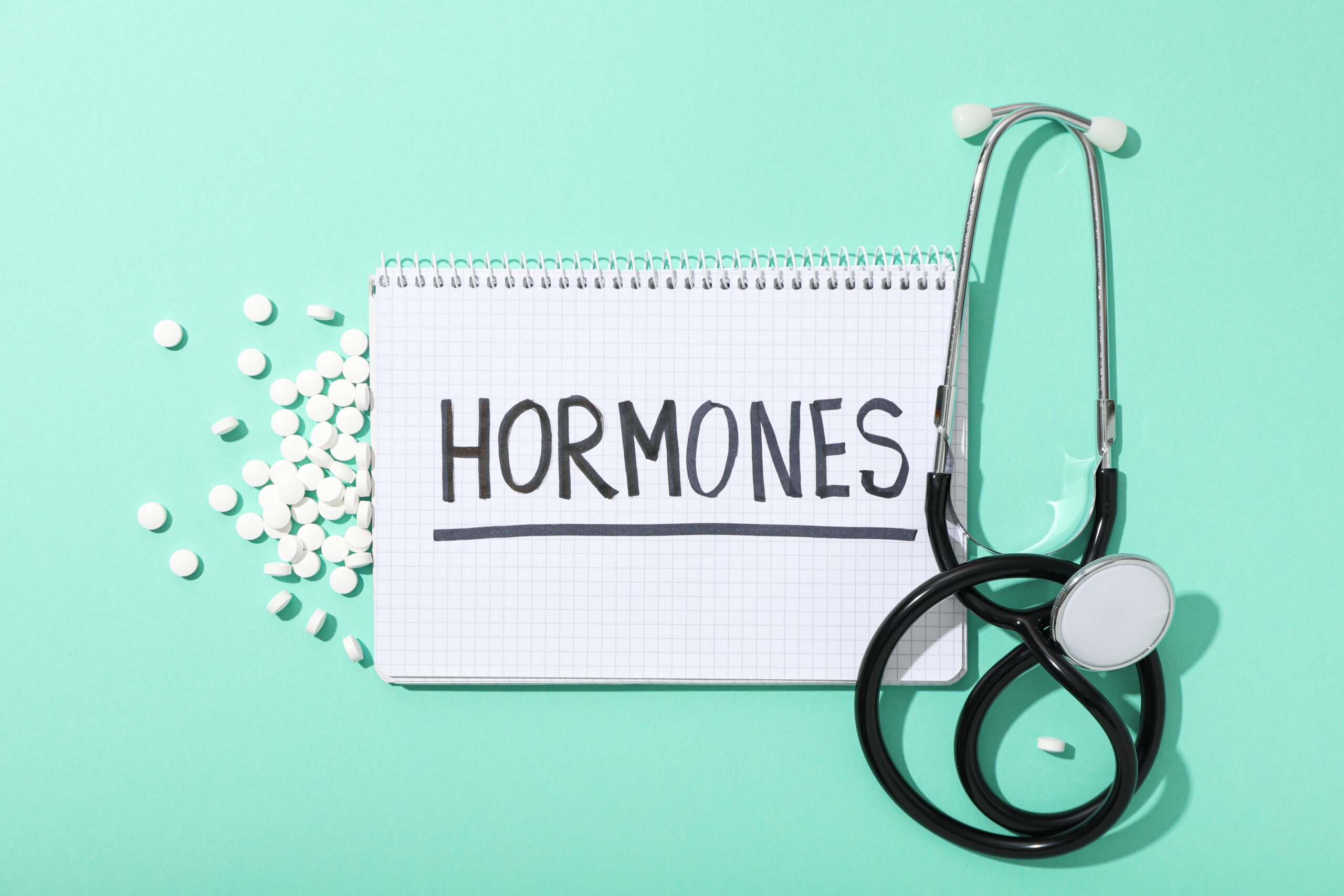Age is a key factor in fertility, particularly with IVF, as success rates tend to decrease with age. The relationship between age and IVF success can be difficult, raising questions and concerns. We’re here to help you understand the impact of age on fertility journeys, offering support along the way. Remember, it’s your story and we’re here to navigate it with you—step by step, and at your pace.
As women age, the number and quality of their eggs decline. This natural process impacts fertility, making conception more challenging over time. Women are born with all the eggs they will ever have, and over time, the quantity and quality of these eggs decrease. Fertility decline begins after age 30, becomes more noticeable after 35, and accelerates after 40. This is why age can directly impact your chances of success with IVF.
For women under 35, IVF success rates can be as high as 40-45%, according to the ASRM. However, for women over 40, the success rates can drop to 10-20% per cycle. Each person’s body is unique, and factors like overall health and egg quality can impact the outcome. The expertise of the fertility clinic also plays a significant role in success.
It’s not just about the number of eggs but also their quality. As women age, the likelihood of chromosomal abnormalities in the eggs rises. This can decrease the chances of a successful pregnancy through IVF. This is why genetic testing of embryos is often recommended for women over 35 during IVF. These tests help select embryos with the best chance of a healthy pregnancy. However, they add an extra step to the IVF process.
For couples where the woman is in her late 30s or early 40s, doctors might suggest using donor eggs as an option. Choosing egg donation can be difficult, but it increases the likelihood of a successful pregnancy. This is because the eggs would come from a younger donor. It’s important to discuss these options with your doctor, considering both emotional and practical factors.
So where does men’s age factor in the IVF process? While the decline in fertility with age is often more significant for women, age also matters for men. Sperm quality, including motility and count, can decline with age, particularly after 40. However, the impact is generally less pronounced compared to women. If age is a concern, sperm freezing or consulting a fertility specialist can offer clarity. These options help address potential fertility challenges.
We understand that discussing age and its impact on IVF can bring up a lot of emotions. It’s common to feel a sense of urgency or even fear about what the future holds. We’re here to remind you that while age is an important factor, it’s not the only one. Some couples conceive quickly, while others may take longer; every outcome is valid. Your journey is about making decisions that feel right for you, guided by hope and informed understanding.
Whether you’re exploring IVF at 32 or 42, we’re here to help you understand your options and set realistic expectations. With the right support and care, your path can be tailored to fit your unique circumstances.
FAQs :
- Can lifestyle changes improve my chances of IVF success as I get older?
Yes, certain lifestyle changes can help improve your overall fertility and potentially increase your chances of IVF success. Maintaining a balanced diet, managing stress, getting regular exercise, and avoiding smoking and excessive alcohol can positively impact both egg and sperm quality. While these changes cannot reverse age-related declines, they can create a healthier environment for conception and support the overall IVF process. It’s best to consult with your fertility specialist for personalized advice.
- Can I use my eggs for IVF after 40?
Yes, many women use their own eggs for IVF after 40, though the success rates tend to be lower due to decreased egg quality. Some may consider options like donor eggs to increase the chances of success, but this decision is deeply personal and depends on individual circumstances and preferences. You can discuss the option of testing your embryos for any genetic abnormalities at an advanced age before transferring them into your uterus. This can increase the success rates and shorten the time to pregnancy.





